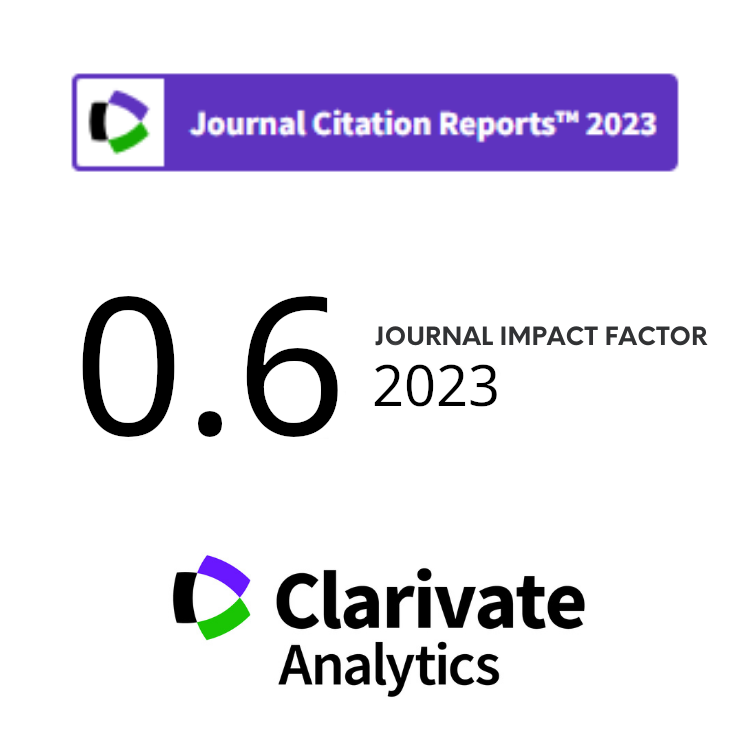Responses of Soybean Mutant Lines to Aluminium under In Vitro and In Vivo Condition
Abstract
The main limited factors of soybean plants expansion in acid soil are Aluminium (Al) toxicity and low pH. The best approach to solve this problem is by using Al tolerance variety. In vitro or in vivo selections using selective media containing AlCl3 and induced callus embryonic of mutant lines are reliable methods to develop a new variety. The objectives of this research are to evaluate response of soybean genotypes against AlCl3 under in vitro and in vivo condition. Addition of 15 part per million (ppm) AlCl3 into in vitro and in vivo media severely affected plant growth. G3 soybean mutant line was identified as more tolerant than the control soybean cultivar Tanggamus. This mutant line was able to survive under more severe AlCl3 concentrations (15 ppm) under in vitro conditions. Under in vivo conditions, G1 and G4 mutants were also identified as more tolerant than Tanggamus since they produced more pods and higher dry seed weigh per plant. Moreover, G4 mutant line also produced more dry seed weight per plant than Tanggamus when they were grown on soil containing high Al concentration 8.1 me/100gr = 81 ppm. Al+3.
Received: 20 December 2010; Revised: 29 November 2011; Accepted: 4 December 2011
Keywords
Full Text:
PDFDOI: https://doi.org/10.17146/aij.2011.80
Copyright (c) 2016 Atom Indonesia

This work is licensed under a Creative Commons Attribution-NonCommercial-ShareAlike 4.0 International License.











